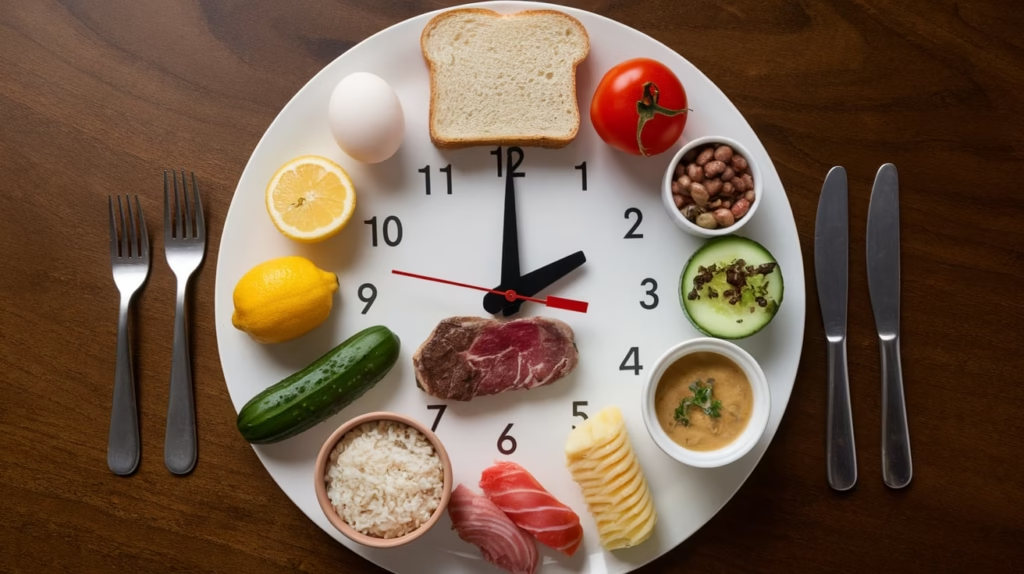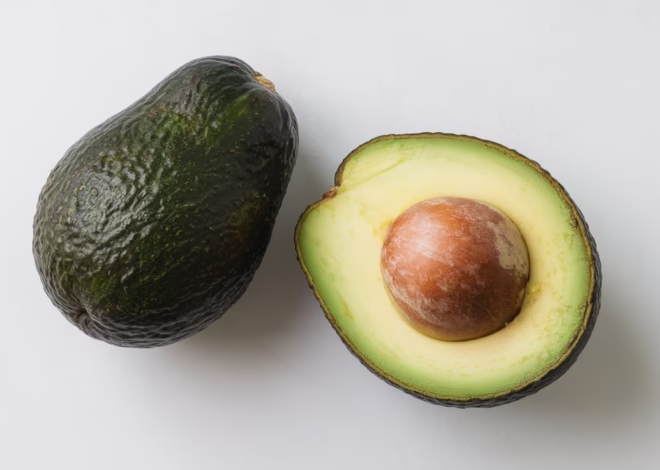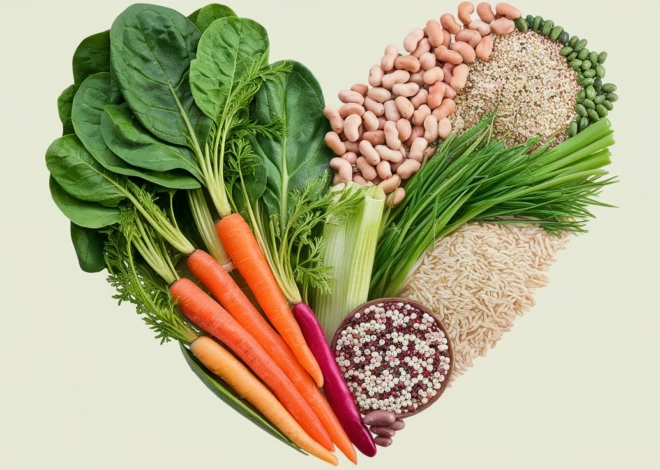
The Benefits of Intermittent Fasting for Weight Loss
Intermittent fasting (IF) has taken the world by storm, and it’s not just another fleeting diet trend. It’s a scientifically backed approach to managing weight and improving health. But hey, who says science can’t be sprinkled with a bit of humor? In this guide, we’ll explore the ins and outs of intermittent fasting, break down the benefits of intermittent fasting for weight loss, and hopefully give you a chuckle or two along the way.
What Is Intermittent Fasting (IF)?

Imagine this: You spend hours deciding what to eat, but intermittent fasting simplifies that by telling you when to eat instead. That’s right—no need to stress about kale smoothies at 8 a.m.
Intermittent fasting isn’t a diet in the traditional sense. It’s an eating pattern where you cycle between periods of eating and fasting. Popular methods include:
- 16/8 Method: Fast for 16 hours, eat during an 8-hour window.
- 5:2 Method: Eat normally for five days, restrict calories to about 500-600 on two non-consecutive days.
- Eat-Stop-Eat: Fast for 24 hours once or twice a week (not for the faint-hearted).
- Alternate-Day Fasting: Feast one day, fast the next—like a dietary game of red light, green light.
How Does Intermittent Fasting Help With Weight Loss?

1. Calorie Control Without Constant Counting
When you limit the hours you eat, you naturally reduce your calorie intake—unless you turn your eating window into a competitive eating contest. By skipping meals like breakfast or late-night snacks, you consume fewer calories overall, leading to weight loss.
Think of it this way: If you’re asleep or busy fasting, you can’t binge on chips. Genius, right?
2. Boosts Fat-Burning Hormones
During a fast, your body doesn’t have immediate access to that stack of pancakes you ate last week. Instead, it taps into stored fat for energy. This process increases levels of hormones like norepinephrine, which help you burn fat faster.
Fasting also lowers insulin levels, making it easier for your body to access fat stores. Translation? You become a fat-burning machine—like a toaster, but way cooler.
3. Preserves Muscle Mass
Ever tried a crash diet where you lose weight but also look like a deflated balloon? Intermittent fasting can prevent that. Studies show that fasting helps you lose fat while preserving muscle, provided you’re eating enough protein during your eating window.
So, you get leaner without sacrificing your ability to flex dramatically in the mirror.
4. Simplifies Your Life
Who doesn’t love fewer decisions? By following IF, you can skip meal prep for one or two meals daily. That’s more time to scroll through TikTok, binge Netflix, or—dare I say—exercise.
It also saves money. Forget overpriced avocado toast. Now you’re only paying for two meals instead of three. Look at you, budgeting pro!
Beyond Weight Loss: Other Benefits of Intermittent Fasting
1. Improves Metabolic Health
Intermittent fasting can reduce insulin resistance, lower blood sugar levels, and improve cholesterol. Basically, it’s a triple threat to those pesky health issues.
2. Enhances Mental Clarity
You might think fasting would turn you into a hangry monster, but many people report improved focus and mental clarity during fasting periods. Scientists say this might be due to increased production of brain-derived neurotrophic factor (BDNF), which supports brain health.
So, you can finally concentrate on work—or on finishing that 1,000-piece puzzle collecting dust.
3. Encourages Autophagy (aka, Cellular Spring Cleaning)
When you fast, your body enters a state of autophagy, where it removes damaged cells and regenerates new ones. It’s like Marie Kondo for your insides: “Does this cell spark joy?” No? Out it goes.
4. May Help You Live Longer
Fasting might even extend your lifespan by reducing inflammation and protecting against age-related diseases. You’ll be so fit, you might just outlive your Netflix subscription.
What are the Disadvantages of Intermittent Fasting?
Let’s be real: nothing’s perfect—not even a strategy that lets you skip breakfast guilt-free. Here are a few challenges:
- Hunger Pangs: Yes, fasting makes you hungry, especially at first. But don’t worry—your body adjusts over time. In the meantime, drink water, coffee, or tea (no, margaritas don’t count).
- Social Awkwardness: Fasting can make social events tricky. Try explaining to Grandma why you’re skipping her famous lasagna without getting disowned.
- Overeating During Eating Windows: There’s a fine line between enjoying your meals and inhaling three pizzas during your eating window. Moderation is key, people.
Tips for Success with Intermittent Fasting
- Start Slow: If 16-hour fasts sound terrifying, start with 12-hour ones and work your way up.
- Stay Hydrated: Water is your best friend while fasting. Add lemon for flair if you’re feeling fancy.
- Eat Balanced Meals: When it’s time to eat, focus on whole foods like lean proteins, veggies, and healthy fats. Avoid turning your eating window into a junk food buffet.
- Be Consistent: Intermittent fasting isn’t magic—it’s a habit. Stick with it to see results.
The Humor in Hunger: A Personal Note
Intermittent fasting is a journey, not a sprint. You’ll have days when you feel like a Zen master who doesn’t need food, and others when you’d sell your soul for a donut. That’s okay—it’s all part of the process.
Embrace the occasional slip-ups and remember why you’re doing this. Whether it’s for weight loss, health benefits, or just to see if you can go 16 hours without snacking, intermittent fasting has something for everyone.
In Conclusion: Is Intermittent Fasting Worth It?
Absolutely. Intermittent fasting isn’t just a trend—it’s a sustainable, flexible approach to weight loss and overall health. It’s science-backed, easy to follow, and even has a side dish of mental clarity.
And hey, if nothing else, it’s the perfect excuse to skip cooking breakfast. You’re welcome.



